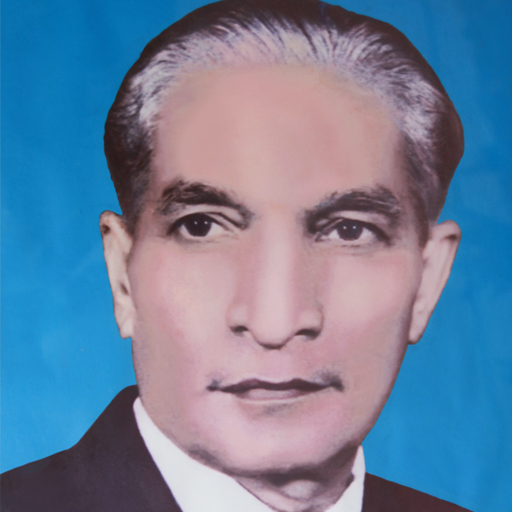
Shri. C.C. Shroff
Dr. Ramesh Gandhi & Dr. Mrs. Nandini Gandhi decided to name the hospital as “C.C. Shroff Memorial Hospital”. In doing so they paid their silent homage to the great personality whose dream began in a small kitchen in the thirtees – who had hardly anything to claim as material asset, but had the vision, the zeal, an insatiable desire to learn and above all the courage and drive to transform his dreams into reality, Literally he started his career from a kitchen stove and ended it up with a giant furnace.
Shri C.C. Shroff was born and brought up in a conservative and unpretentious family. He had his schooling in Elphinstone School and later obtained his B.Sc., degree from the Elphinstone College, Bombay. Shri C.C. Shroff was the eldest brother of Dr.Mrs.Nandini Gandhi.
Shri Shroff started his career as an unpaid apprentice and struggled his way through various companies learning as much as he could about chemical analysis, technology of oils and cements etc. While working in different companies, Shri Shroff would burn the midnight oil in his kitchen laboratory to carry out chemical experiments and started Excel Industries.
Shri Shroff started his work in Excel with basic principle that India must develop its chemical industry on its own by using indigenous talents and raw materials. Another of his basic principles was that the product price must be lower than that of the imported chemicals. Such was his belief in these two principles that unlike the practice today, he never cared to patent his processes, thus making them available to whoever was willing to utilize them. All this he did with the sole purpose of giving as much impetus as possible to indigenous entrepreneurs. Even when other companies would rush to him with complicated problems he would most willingly solve them and always at a very nominal charge. During the "Quit India" movement in 1942 Shri Shroff trained many underground revolutionaries in the art and science of the use of explosives.
One of his strongest desires was to work till the last. As if in fulfilling this, he breathed his last in the laboratory of his factory on the night of January 3rd, 1968. But in this short span of 58 years of his life, he would develop more than hundred processes for the first time in India. He also trained hundreds of chemists from various backgrounds and geographies who later proved to be pillars of strength in the development of chemical industry in India.
Not only was he a great industrialist but also an equally great humanitarian. His heart was full of compassion and love for his fellow men. He is fondly remembered for humane approach to the problems of poor and weaker sections. He demonstrated highest level ethical standards and selfless service to the humanity.


